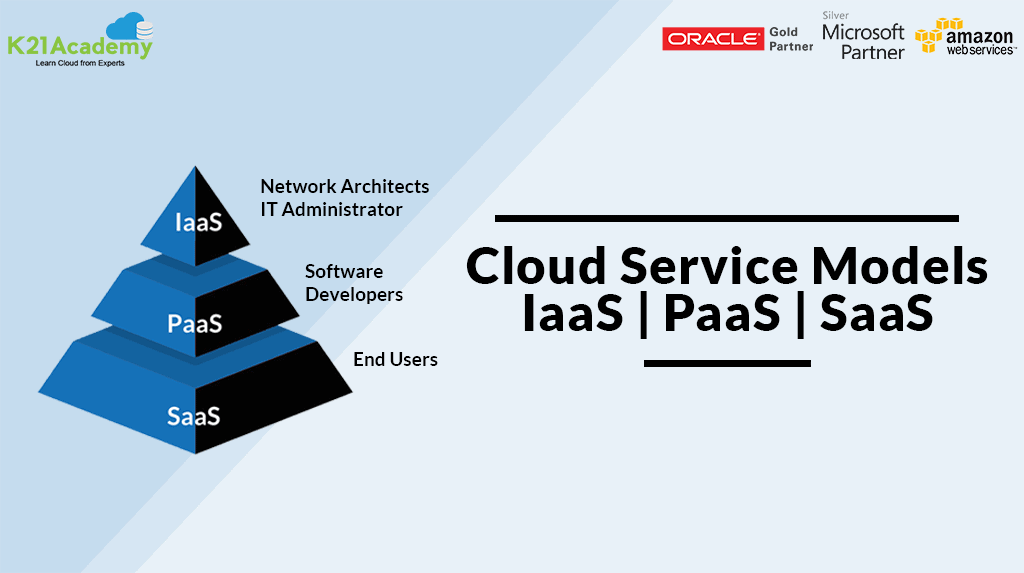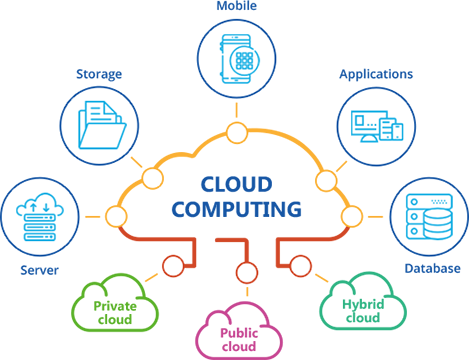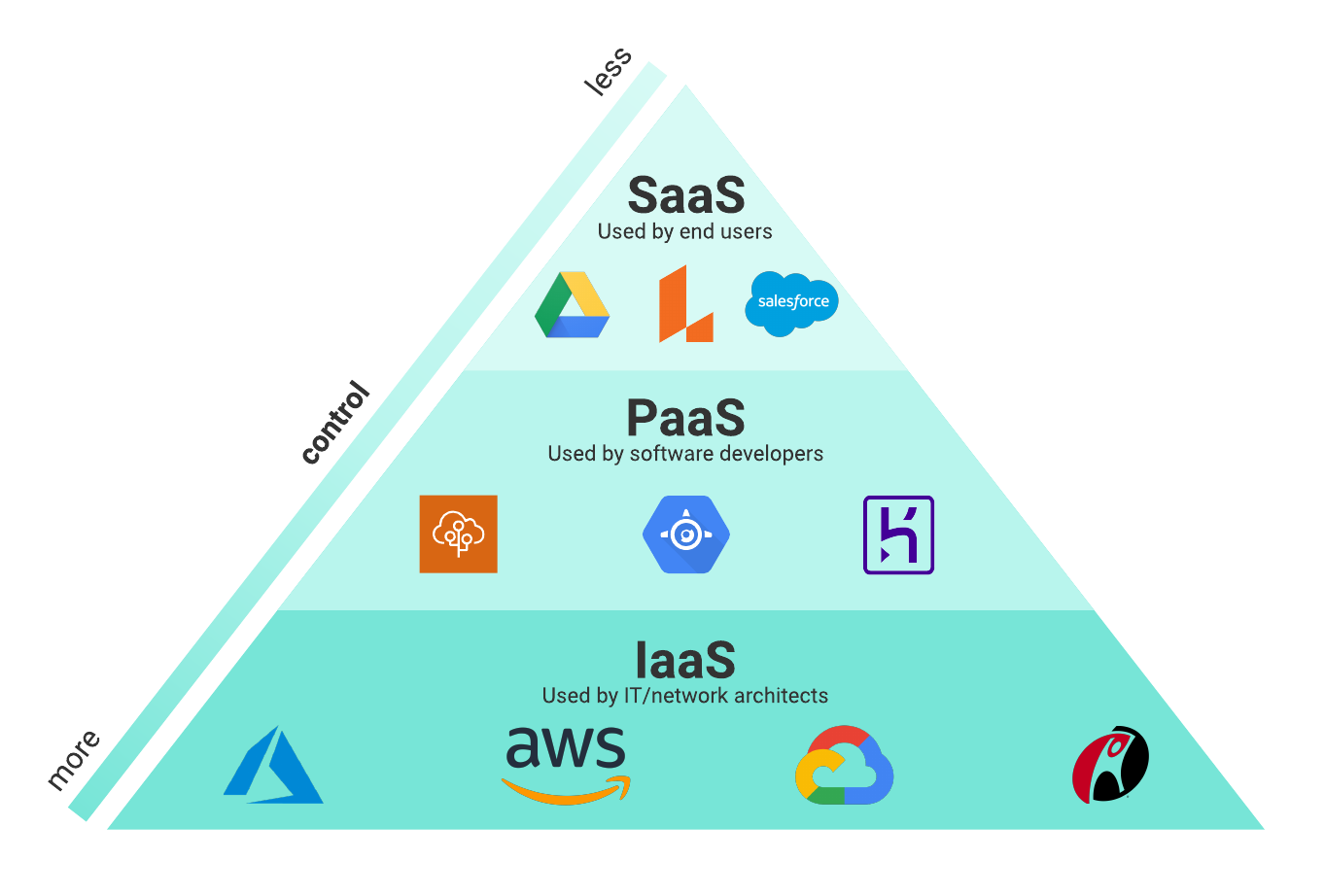LinkDaddy Cloud Services Unveiled: Expert Strategies for Cloud Services Press Release Excellence
Streamline IT Monitoring With Cloud Provider
In today's swiftly evolving digital landscape, the duty of IT management is ending up being increasingly complex. Organizations are continuously seeking ways to improve their IT procedures to stay competitive and dexterous. Cloud services have emerged as a practical service for businesses aiming to enhance performance, lower expenses, and improve total IT efficiency. By embracing cloud technology, companies can attain higher adaptability, scalability, and protection in handling their IT framework. However how precisely do these cloud solutions revolutionize conventional IT monitoring methods? Allow's discover the transformative effect of leveraging cloud solutions on IT procedures and the key considerations for successful application.
Benefits of Cloud Solutions

Additionally, cloud services enable companies to boost their functional effectiveness by enhancing processes and reducing the time and resources needed for handling IT infrastructure. With cloud services, companies can automate routine jobs, such as software program updates and information backups, liberating IT groups to focus on more strategic campaigns that drive service value.

Boosted Scalability and Adaptability
Cloud services give services with exceptional scalability and adaptability in handling their IT resources effectively. Scalability is a crucial function of cloud services that enables firms to quickly adjust their IT sources based on need. With cloud services, organizations can swiftly scale up or down their computing sources, storage ability, and network transmission capacity to fulfill altering requirements without the requirement for substantial ahead of time financial investments in hardware. This flexibility allows companies to adjust to varying work, seasonal demands, or unexpected growth without experiencing downtime or performance problems.
Moreover, cloud solutions offer the adaptability for workers to accessibility business information and applications from anywhere, any time, and from any kind of gadget with a web link. This ability improves productivity and collaboration among remote teams or staff members functioning in various locations. Furthermore, cloud solutions provide the versatility to select from a variety of solution designs, such as Framework as a Solution (IaaS), Platform as a Service (PaaS), or Software as a Solution (SaaS), based on the details needs of the service. The enhanced scalability and versatility supplied by cloud services encourage services to optimize their IT procedures and remain nimble in today's vibrant market atmosphere.

Cost-Effectiveness and Cost Savings
With the capability to successfully allot sources based upon demand, organizations utilizing cloud solutions can harness substantial cost-effectiveness and understand considerable cost savings in their IT procedures. Cloud services supply a pay-as-you-go model, permitting companies to only pay for the resources they use, getting rid of the demand for large in advance financial investments in software and hardware. This scalability guarantees that organizations can quickly adjust to varying needs without spending too much on unnecessary resources. Additionally, cloud services decrease maintenance prices by moving the responsibility of hardware maintenance and software updates to the company. This decreases the need for devoted IT staff to manage framework, more lowering operational costs. In addition, the cloud supplies economies of scale, with providers spreading prices throughout several clients, leading to lower private prices for services like storage space and computer power. Overall, the cost-effectiveness and cost savings attained via cloud solutions make it possible for organizations to reallocate resources in the direction of innovation and development campaigns.
Improved Safety And Security and Compliance
Enhancing the overall security position and making sure governing conformity are paramount factors to consider for services leveraging cloud solutions in their IT administration approaches. Cloud service companies use advanced anchor safety steps, such as information file encryption, multi-factor verification, and automated backups, which can strengthen a company's safety and security framework. These service providers additionally adhere to rigid governing standards, such as GDPR, HIPAA, and PCI DSS, assisting organizations meet conformity needs better.
Applying cloud services can improve protection by supplying centralized control over gain access to monitoring, tracking, and information defense. This central approach simplifies safety and security administration and makes certain regular application of security policies across the company. Furthermore, cloud services usually offer real-time security updates and patches, lowering the risk of vulnerabilities and prospective breaches.
Ideal Practices for Cloud Execution
Implementing cloud solutions efficiently calls for an organized approach that includes detailed preparation and thorough execution. To guarantee a smooth transition to the cloud, companies need to start by carrying out an extensive assessment of their existing IT framework and determining which workloads appropriate for movement. It is vital to develop clear goals and define key efficiency indicators (KPIs) to gauge the success of the cloud execution.
Among the finest methods for cloud implementation is to carefully pick a cloud provider that lines up with the organization's requirements in regards to protection, cost-effectiveness, scalability, and compliance. Additionally, developing a thorough migration plan that lays out the steps included, timelines, and responsibilities is crucial for a successful execution.
Frequently maximizing and monitoring cloud resources to make sure reliable performance and expense monitoring is another critical element of cloud execution ideal methods. Continuous assessment of the cloud environment and remaining notified about updates and brand-new functions used by the cloud copyright can further improve the company's cloud strategy. By adhering to these ideal techniques, organizations can improve their IT monitoring and make the most of the advantages of cloud services.
Verdict
To conclude, leveraging cloud solutions for IT management provides various advantages, including original site boosted scalability, cost-effectiveness, improved protection, and conformity. By following ideal practices for cloud application, companies can streamline their IT operations, automate regular tasks, and enhance resource allocation. This streamlined approach allows IT groups to focus on strategic efforts and advancement, ultimately delivering worth to the organization. Overall, cloud solutions boost operational efficiency and agility in managing IT framework.
Additionally, cloud services provide the flexibility to choose from a variety of solution versions, such as Framework as a Service (IaaS), Platform as a Service (PaaS), or Software read review Program as a Service (SaaS), based on the particular requirements of the company. Additionally, cloud services reduce upkeep expenses by shifting the responsibility of hardware upkeep and software application updates to the service company.Enhancing the overall safety pose and making sure regulatory conformity are paramount considerations for businesses leveraging cloud services in their IT management strategies.Regularly keeping track of and optimizing cloud resources to ensure reliable efficiency and price management is one more essential aspect of cloud execution ideal practices. Constant analysis of the cloud environment and staying educated about updates and new functions used by the cloud service provider can additionally boost the organization's cloud method.